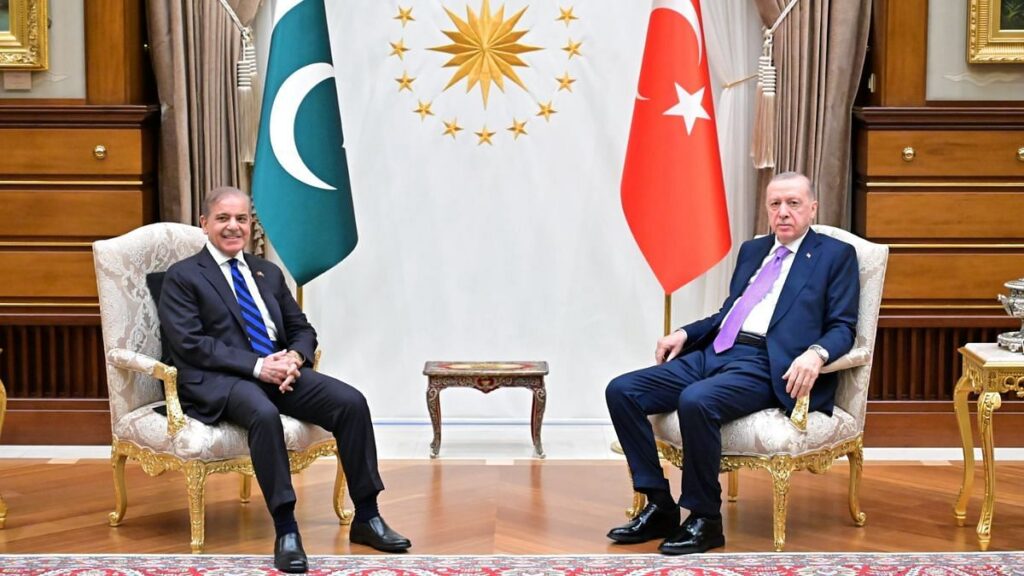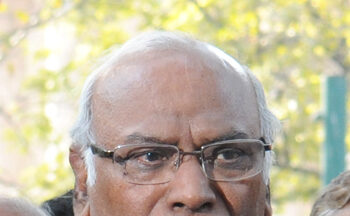The Turkish Navy’s corvette, TCG BUYUKADA, docked in Karachi on Wednesday, marking a significant development in the evolving military dynamics of South Asia. Officially described as a “goodwill visit” by Pakistan’s Inter-Services Public Relations , the timing and context of the deployment suggest deeper strategic undertones.
The arrival of TCG BUYUKADA, a modern Ada-class corvette equipped with advanced anti-submarine warfare capabilities, comes at a time when Islamabad is actively seeking to bolster its defense partnerships. The Turkish vessel’s presence in Pakistani waters is set to include joint exercises and professional exchanges with the Pakistan Navy, aiming to enhance interoperability and mutual understanding between the two forces.
This naval engagement follows a series of military collaborations between Turkey and Pakistan. Earlier, Turkish C-130 military transport planes facilitated the delivery of six decommissioned Belgian C-130 aircraft to Pakistan, enhancing its tactical airlift capabilities. These aircraft, despite their age, are expected to play a crucial role in Pakistan’s strategic operations, especially given the country’s ongoing military modernization efforts.
Simultaneously, China’s deepening military ties with Pakistan have raised eyebrows in New Delhi. Beijing has been instrumental in supplying Islamabad with advanced weaponry, including the JF-17 Thunder fighter jets and the HQ-9/P air defense system. Moreover, Chinese assistance has extended to the construction of strategic infrastructure along the Line of Control in Kashmir, including steelhead bunkers and the deployment of advanced radar systems.
These developments occur against the backdrop of escalating tensions between India and Pakistan, particularly following a deadly militant attack in Kashmir that claimed the lives of 26 Indian tourists. India has attributed the attack to Pakistan-backed militants, leading to a series of retaliatory measures, including the suspension of the Indus Waters Treaty and the closure of airspace. Pakistan, in turn, has denied involvement and warned of potential Indian military action.
The strategic convergence of Turkey and China in supporting Pakistan’s military capabilities presents a complex challenge for India. While Turkey’s involvement has traditionally been limited to defense exports and training, the recent naval visit indicates a potential shift towards more active engagement. China’s role, on the other hand, is more entrenched, with substantial investments in Pakistan’s defense infrastructure and ongoing support for its missile development programs.
India’s response to these developments has been measured yet assertive. The Indian Air Force has outlined plans for a significant upgrade, including the induction of new fighter jets, helicopters, missiles, and radars over the next seven to eight years. This modernization drive aims to counter the perceived collusive threat from China and Pakistan, ensuring that India maintains a strategic edge in the region.




 Modi Convenes Emergency Security Meetings
Modi Convenes Emergency Security Meetings 